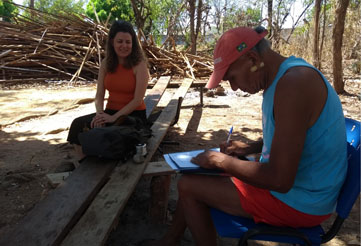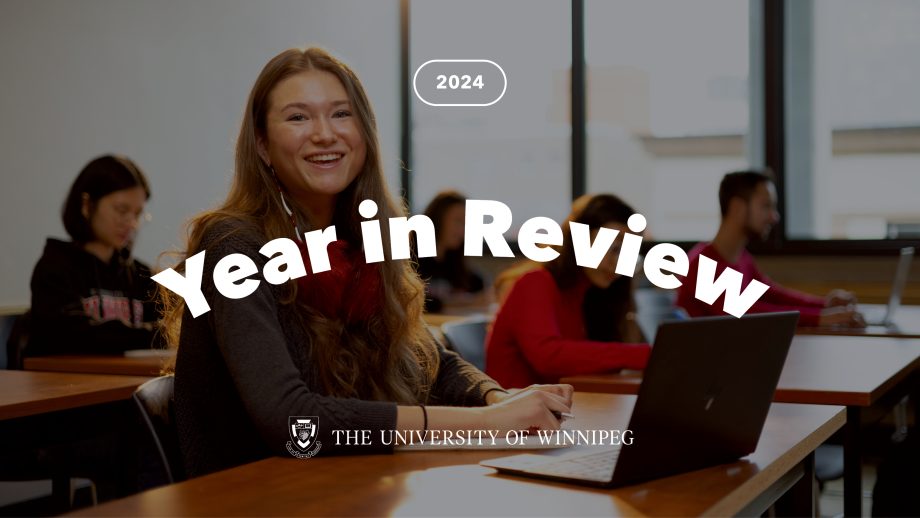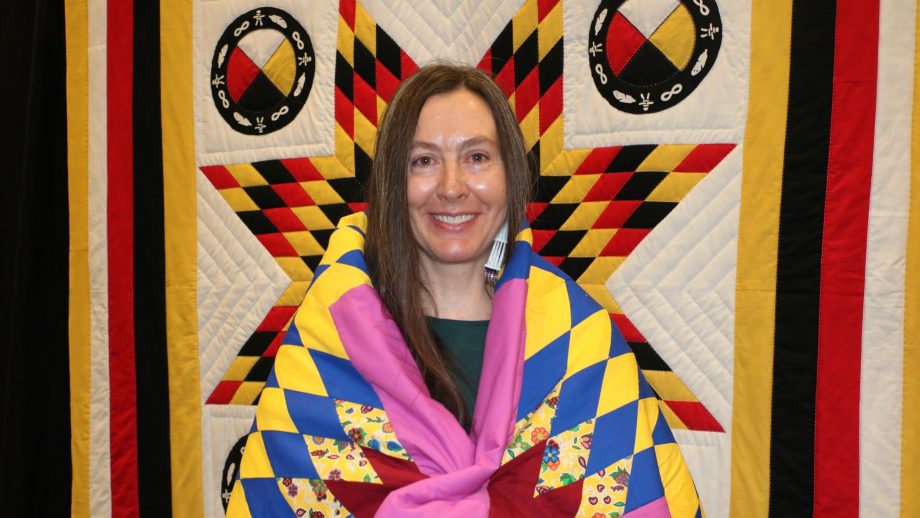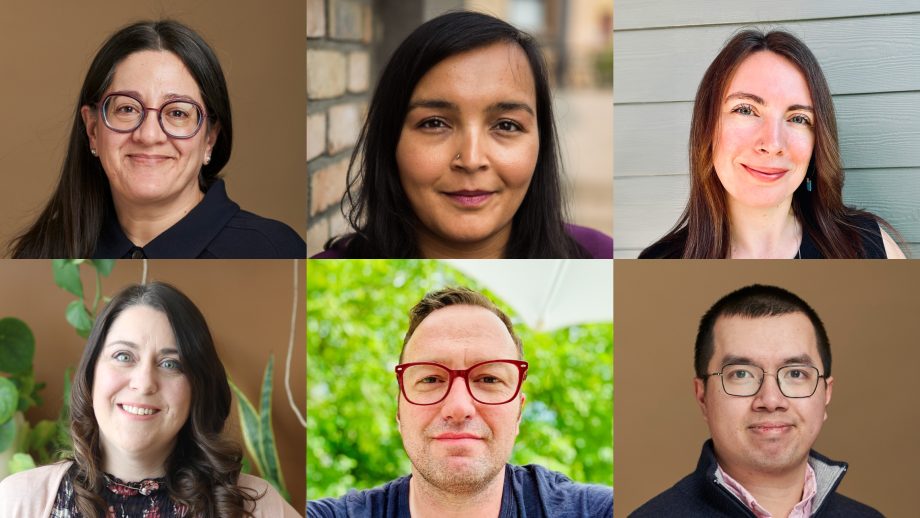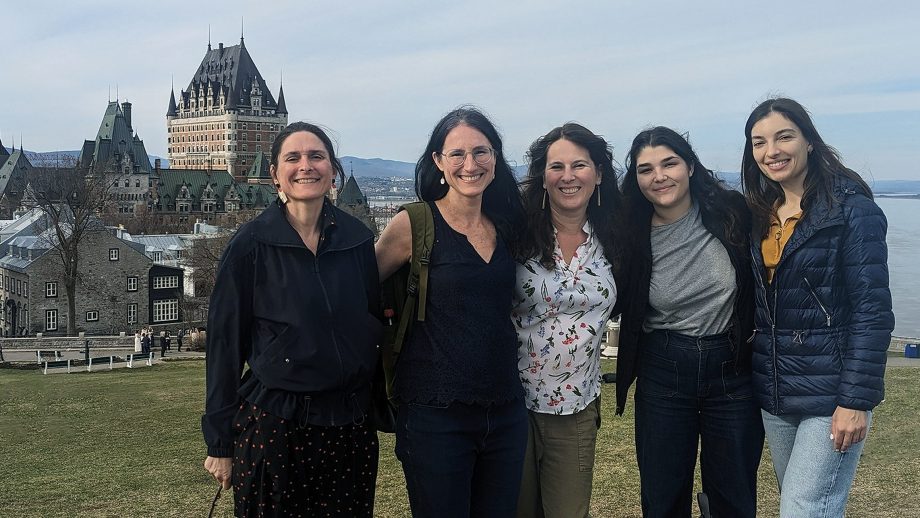University of Winnipeg linguist Dr. Ivan Roksandic has been awarded a $97,554 Social Sciences and Humanities Research Council of Canada (SSHRC) Trans-Atlantic Platform Grant for a research project aimed at decolonizing the sacred places of the Xavante territory of Marãiwatsédé and São Marcos, Brazil.
Roksandic is a principal investigator in the project along with Dr. Cláudia Regina Prens, lead principal investigator, from Universidade Federal de São Paulo, in Brazil, and Dr. Katarzyna Górka, principal investigator, from University of Wrocław in Poland.
“The idea for this project comes directly from the communities we are researching in,” said Roksandic. “We will be working together to help them reclaim the memory of their territory and sacred spaces.”
Over the next three years, the research team will be conducting archaeological surveys and interviews in order to linguistically evaluate the memory of the sacred sites and their cultural importance. Through this process of community participatory archaeology, they hope to rescue the memory of territorial occupation and return recognition and respect to the sacred places of the Xavante.
“The Xavante lost a lot of their territory during the dictatorship in the 1960s and 1970s,” explained Roksandic. “Part of this project is to establish their original territory using place names so that they can attempt to lay claims on it.”
The process of European colonization in Brazil, after the arrival of the Portuguese, reconfigured the social, cultural, and demographic structure of the country.
Some Indigenous societies in the western territory of Brazil managed to preserve their autonomy, social structure, and cultural norms in relative isolation from the rest of the country until the beginning of the twentieth century. However, the acceleration of socio-economic changes, which characterized the military dictatorship of 1964-1985, had a profound, negative impact on traditional societies in this region. In addition to extreme violence against Indigenous people, there was a continuous process of erasing the memory, history, and cultures which legitimized the loss of their rights.
“The situation in Brazil is pretty bad right now, which is why some real work has to be done before it’s too late,” said Roksandic.
The SSHRC Trans-Atlantic Platform Grant supports international projects that contribute to increasing our understanding of societal transformations and the role of social innovation. Through this funding, Roksandic hopes to increase awareness of the social, political, and cultural dynamics that reconfigured the Xavante way of life in Brazil, and find strategies and guidelines for the maintenance of traditional customs and culture.

